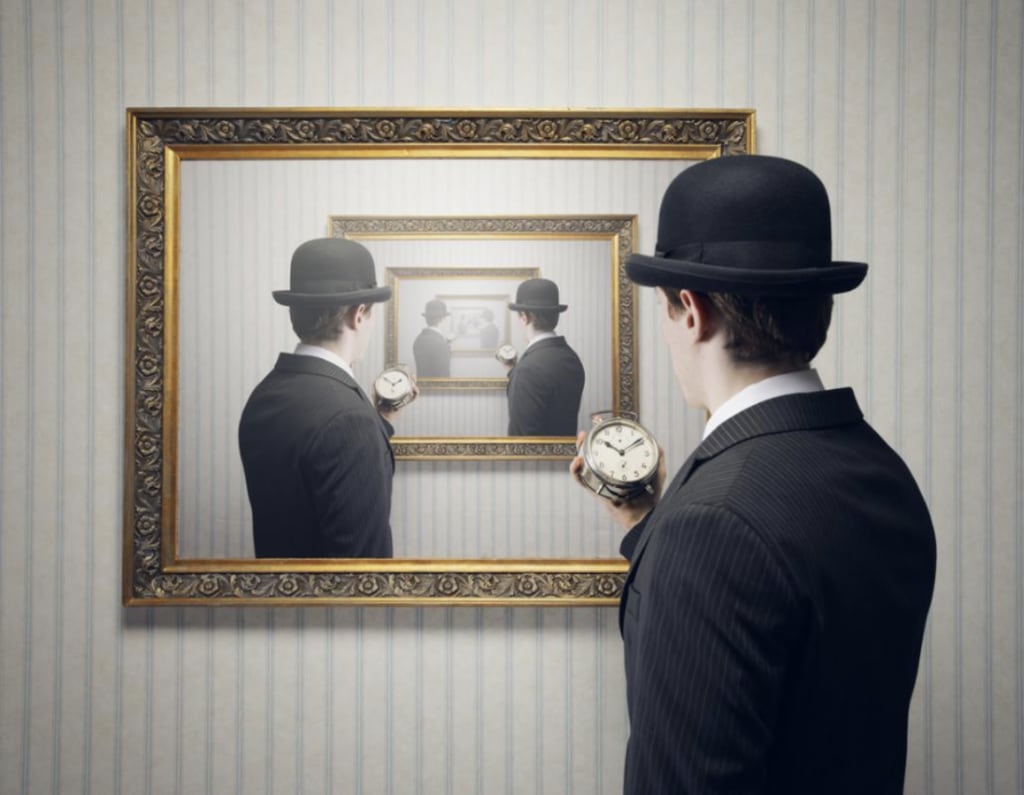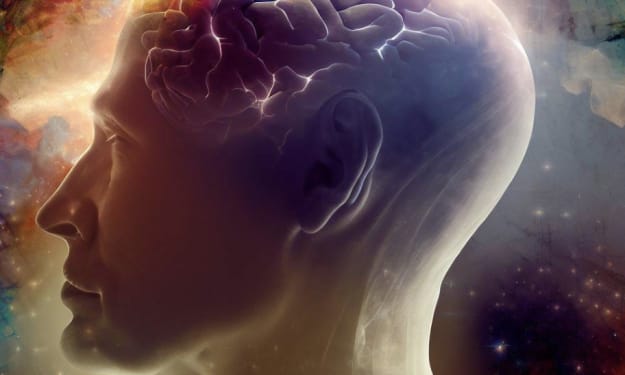Unraveling the Mysteries of the Mind: Exploring the Science Behind Déjà Vu
Exploring the Illusion of Time: Delving into the Enigmatic Phenomenon of Déjà Vu

Unraveling the Mysteries of the Mind: Exploring the Science Behind Déjà Vu
In the enigmatic realm of human consciousness, few phenomena evoke as much intrigue and fascination as déjà vu. The sensation of experiencing a moment as if it has been lived before, despite knowing it's happening for the first time, has puzzled philosophers, scientists, and laypeople alike for centuries. What lies behind this curious trick of the mind, and what scientific explanations can shed light on the elusive nature of déjà vu?
Déjà vu, a French term meaning "already seen," describes the uncanny feeling of familiarity that accompanies a novel experience. It often manifests as a fleeting sensation, lasting only a few seconds, yet leaving a lasting impression of strangeness and intrigue. While déjà vu has long been relegated to the realm of subjective experience and anecdotal accounts, recent advances in neuroscience and psychology have offered new insights into its underlying mechanisms.
One prevailing theory posits that déjà vu arises from a temporary disruption in the brain's memory processes, leading to a mismatch between the sensation of familiarity and the actual recollection of past events. According to this perspective, déjà vu occurs when the brain mistakenly interprets incoming sensory information as a memory, triggering a sense of recognition in the absence of any prior experience. This phenomenon may be attributed to a glitch in the brain's encoding and retrieval mechanisms, resulting in the illusion of reliving a moment from the past.
Neuroscientists have identified several regions of the brain that play a key role in generating the sensation of déjà vu, including the medial temporal lobe, hippocampus, and prefrontal cortex. These areas are involved in various aspects of memory formation and retrieval, with the hippocampus acting as a central hub for consolidating new memories and integrating them into existing neural networks. Dysfunction or hyperactivity in these brain regions may contribute to the occurrence of déjà vu, disrupting the normal flow of information processing and leading to perceptual anomalies.
Furthermore, recent research suggests that déjà vu may be linked to spontaneous neural activity in the brain, known as "cortical spreading depression." This phenomenon, characterized by a wave of neural excitation followed by inhibition, has been implicated in various neurological conditions, including migraine aura and epileptic seizures. Some scientists propose that déjà vu may arise from a localized episode of cortical spreading depression, disrupting sensory processing and generating the sensation of familiarity in the absence of any actual memory trace.
Psychological factors may also contribute to the experience of déjà vu, with stress, fatigue, and anxiety serving as potential triggers for its occurrence. Studies have shown that individuals who report higher levels of stress or anxiety are more likely to experience déjà vu, suggesting a link between emotional state and perceptual processing. Additionally, sleep disturbances and altered states of consciousness, such as hypnosis or meditation, have been associated with an increased incidence of déjà vu, further highlighting the role of mental states in shaping subjective experience.
While scientific research has shed light on the neural mechanisms underlying déjà vu, the phenomenon remains shrouded in mystery, with many questions left unanswered. One lingering mystery is why déjà vu tends to occur more frequently in certain individuals or under specific circumstances. Some researchers speculate that personality traits, such as openness to experience or sensitivity to novelty, may influence susceptibility to déjà vu, while others suggest that cultural factors and environmental stimuli play a role in shaping individual differences in déjà vu frequency.
Moreover, the subjective nature of déjà vu poses challenges for scientific investigation, as researchers grapple with the complexities of measuring and quantifying a phenomenon that is inherently elusive and ephemeral. Despite these challenges, ongoing research holds promise for further unraveling the mysteries of déjà vu and providing new insights into the workings of the human mind.
In conclusion, déjà vu represents a fascinating intersection of neuroscience, psychology, and subjective experience, offering a window into the complexities of human consciousness. While scientific explanations for déjà vu abound, the phenomenon continues to captivate the imagination and challenge our understanding of memory, perception, and reality. As researchers continue to probe the mysteries of the mind, déjà vu stands as a testament to the enduring enigma of human cognition and the boundless possibilities of scientific inquiry.





Comments
There are no comments for this story
Be the first to respond and start the conversation.